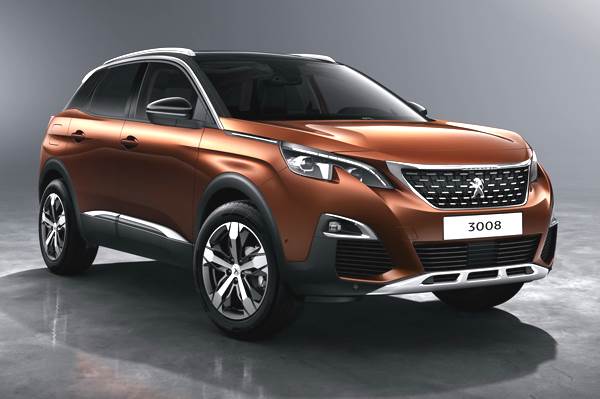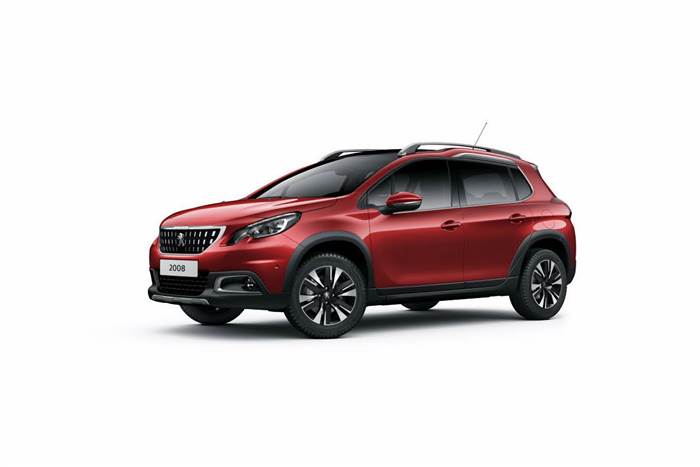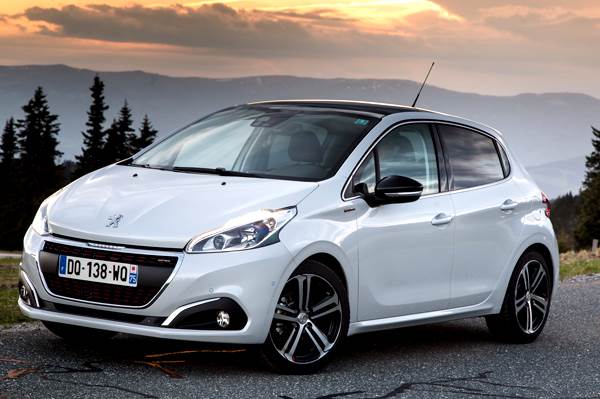PSA Group kicked off the year with a tie-up with the CK Birla Group. Following that, was the intriguing announcement of PSA’s purchase of the Ambassador brand. Now about six months on, the company has begun testing three of its Peugeot brand of vehicles, the 3008 and the 2008 crossovers and the 208 hatchback.
The vehicles
The Peugeot 208 hatchback was unveiled in 2012 and is based on the PSA PF1 platform. However, a new-generation car is due next year and will be based on the new, small CMP platform. The current hatchback comes equipped with both petrol and diesel engines with capacities ranging from 1.0 litre to 1.6 litre.
The 2008 crossover, which was unveiled in 2013, is also based on the PSA PF1 platform. Here too, various international reports indicate a new-generation model due as early as next year. This vehicle will be based on the company's larger EMP2 platform. Engine capacities for the current model range from 1.2 litre to 1.6 litre, with a choice of both petrol and diesel.
The 3008 is the newest of the lot; the second generation was unveiled only last year and took home the European car of the year award for 2017. Both petrol and diesel engines are on offer in capacities from 1.2 to 2.0 litre. Interestingly, both the 2008 and the 3008 do not have a four-wheel-drive tech.
Launch possibility
The vehicles have begun testing and data-logging in India and a decision on their market introduction isn’t clear. Both the 208 and the 2008 are due to be replaced by new platform vehicles as early as next year, thus, it is unlikely and perhaps unwise as well to launch these older cars in India. Moreover, the French carmaker has formed a new 'India-Pacific' business zone with India, SAARC countries, Japan, Korea, Australia and New Zealand. This region does not have a manufacturing plant and the company will want to tool up the India factory for the new-generation platforms, thus enabling regional exports as well.
By virtue of being the newest, the 3008 is the one most likely to launch. The second-generation model underpinned by the new platform was unveiled only last year and launching a higher segment vehicle will help the French carmaker build its brand image in India. Peugeot, of course, is no stranger here – the company’s first innings was a partnership with Premier Automobiles which ended in late 1997. In 2011, Peugeot tried to enter India independently, cars had begun testing and the plan was to set up a plant of its own. However, financial trouble at the parent group put the entire project on hold.
This time around, with a sound financial footing, a manufacturing and distribution tie-up and new-generation cars around the corner, all the blocks seem to be in place. What remains to be seen is the choice of models to be introduced.






Comments
Member Login
Personal Details
No comments yet. Be the first to comment.